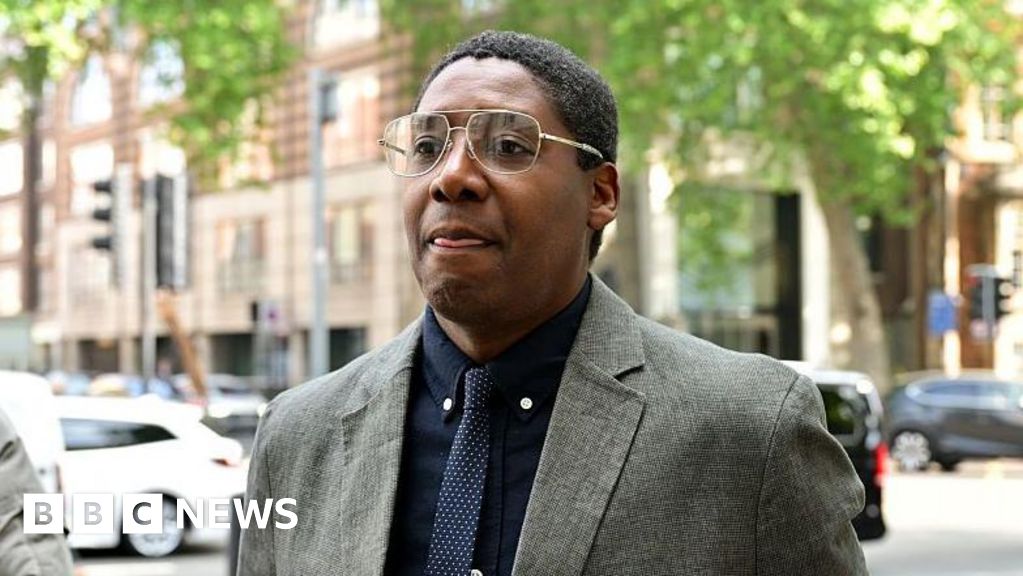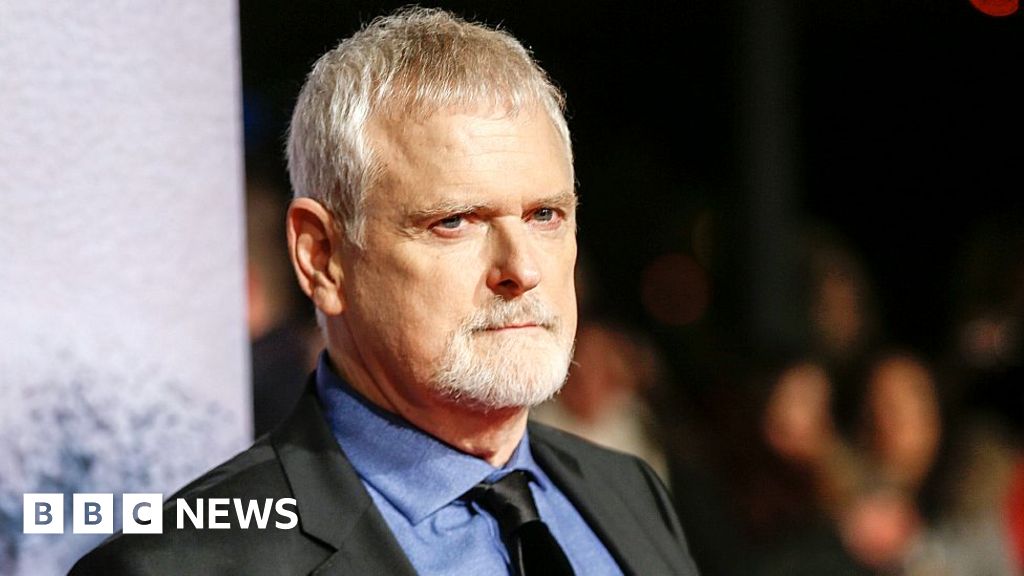ARTICLE AD BOX

Barry Manilow has sold more than 85 million albums over the course of his career
By Mark Savage
BBC Music Correspondent
Singer-songwritwer Barry Manilow says did not discuss his sexuality for years because it could have ended his career.
The star, who came out publicly in 2017, told CNN's Chris Wallace that "the public was not ready for anybody to come out" as gay in the 1970s.
"Now being gay is no big deal," he added. "Back in the 70s it would have killed a career."
The Brooklyn-born singer has been in a relationship with his manager Garry Kief for 39 years.
They married privately in 2014.
Asked by Wallace if he had felt pressured to hide who he was, Manilow said he "never thought about it".
He described his decision to come out in People magazine six years ago as "a non-event".
"I think everybody knew that Garry and I were a couple all those years," he said.
At the time, he said his fans' response to the announcement had made it a "beautiful experience".
"I didn't know what was going to happen," he told Reuters, "but I should have known better because my fans, and frankly the public, they care about my happiness and I have always known that."
Image source, Getty Images
Image caption,Manilow met his now-husband Garry Kief in 1978
Manilow, whose real name is Barry Pincus, is one of the biggest-selling musicians of all time, thanks to slick, orchestrated hits like Mandy, Looks Like We Made It and Copacabana.
A born showman, he is still hard at work in his eighth decade, opening a new Broadway musical and starring in a recently-announced Christmas TV special.
He is currently in the 14th year of a Las Vegas residency and has concert dates scheduled until December 2024.
His star began to rise in the middle of the 1970s - and Manilow credited Kief with saving his life during those whirlwind years.
"As my career exploded, it was just crazy. And, you know, going back to an empty hotel room, you can get into a lot of trouble if you, you know, you're alone night after night after night," he explained.
"But I met Garry right around when it was exploding. And I didn't have to go back to those empty hotel rooms. I had somebody to cry with or to celebrate with."
He added: "It was pretty lonely until I met Garry. And then it was fun."
'Nervous breakdown'
Prior to his relationship with Kief, Manilow had married his childhood sweetheart, Susan Deixler, in 1964.
The couple stayed together for one year, and the marriage was annulled in 1966.
Reflecting on the relationship, he said he "really did love" his wife, but admitted "the gay thing was pretty, pretty strong".
However, he said the marriage ended because of a lack of commitment, rather than his sexuality.
"We had a very nice marriage, it was great, but I was away every night making music, as a young musician would be... and it wasn't good for me and it wasn't good for her.
"I couldn't be the proper husband. I was just away making music with a band. I wrote an off-Broadway musical called the Drunkard. And I was having a ball. I just couldn't be a husband."
Barry Manilow recording a performance for the BBC's Top Of The Pops in the 1970s
Elsewhere in the career-spanning interview, Manilow said his background in writing jingles had helped him in his musical career.
"You've got to get a hook in 15 seconds that people will remember for a commercial, and the same goes for a pop song," he said.
He also revealed that he came up with the concept for Copacabana while recovering from his "first nervous breakdown" at the Copacabana Hotel in Rio de Janeiro in 1970.
When Wallace pressed him for details, Manilow said he was "just kidding" about the breakdown, but admitted that fame had affected his mental health.
"Before Mandy and all the big records, I was a happy guy being the background.
"I was having a great time until I had to get up there and perform. I wouldn't say nervous breakdown, but it was definitely a problem for me."

 1 year ago
70
1 year ago
70








 English (US) ·
English (US) ·